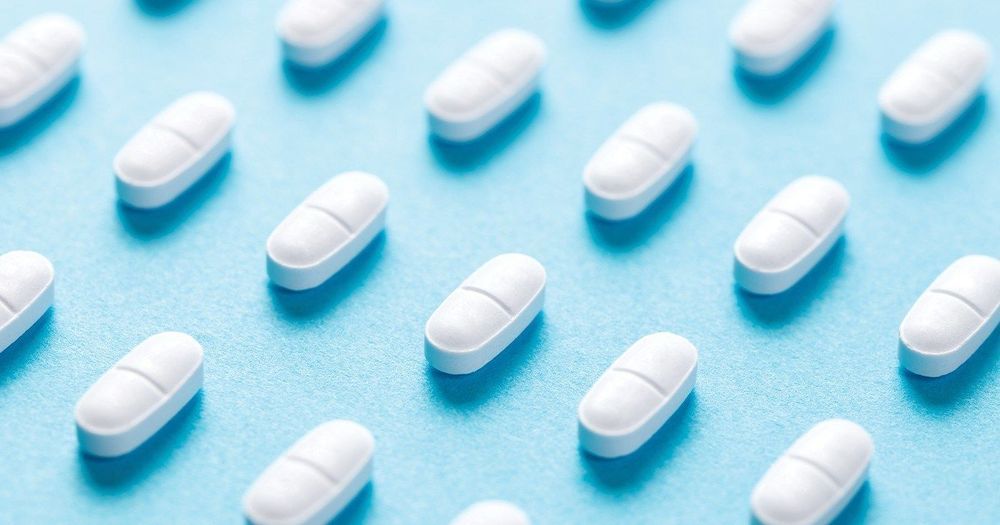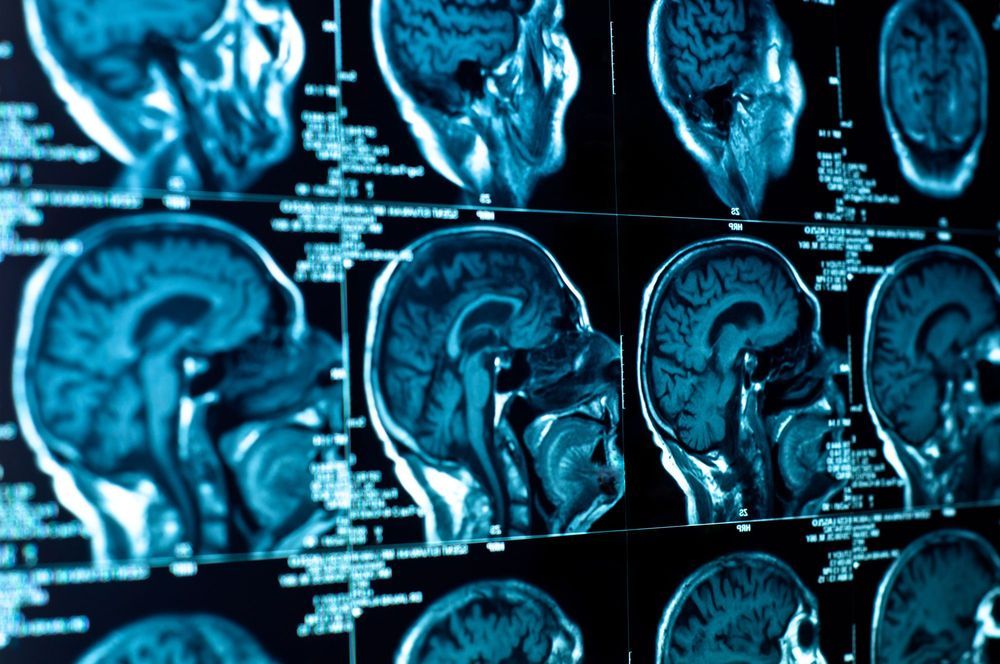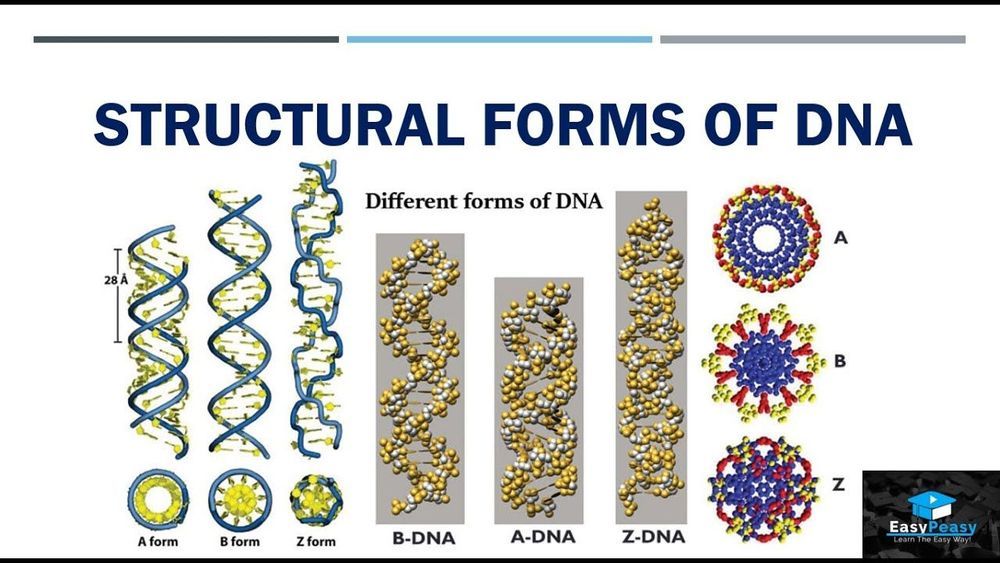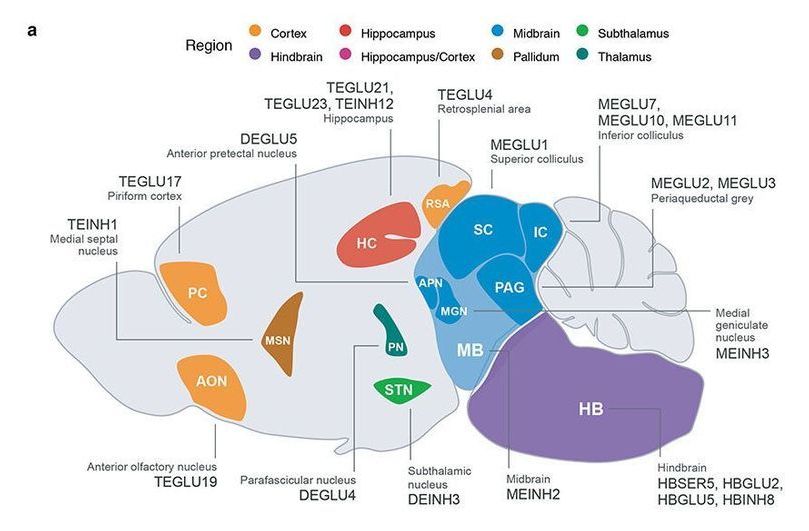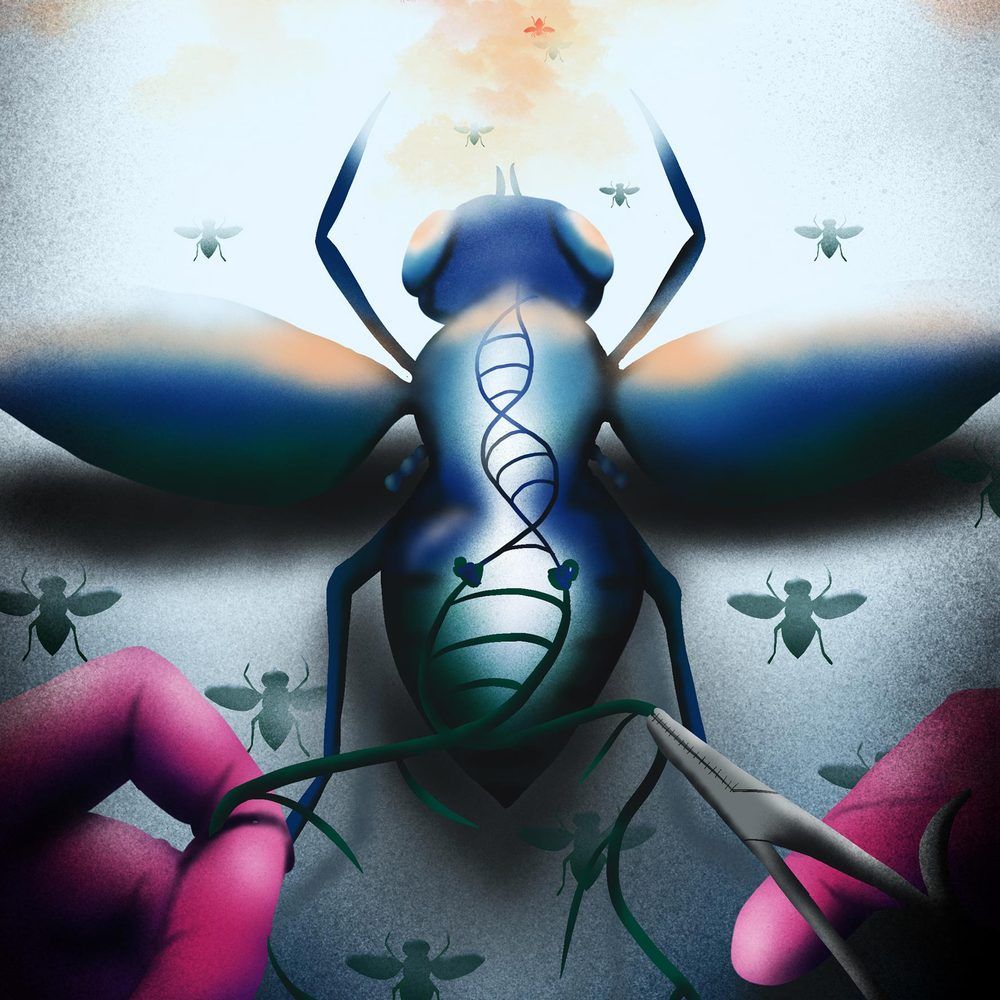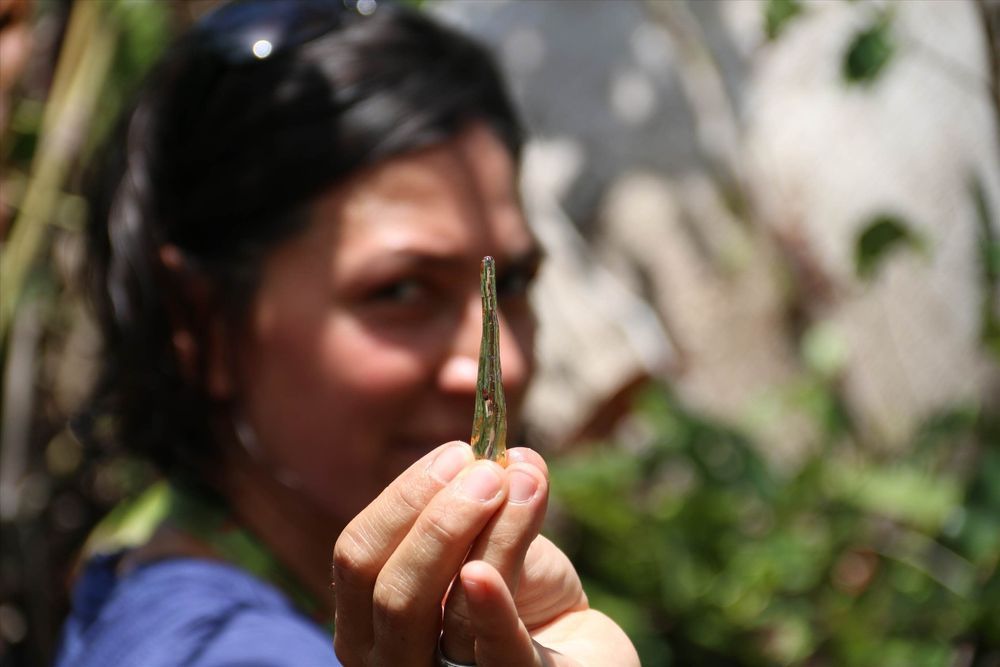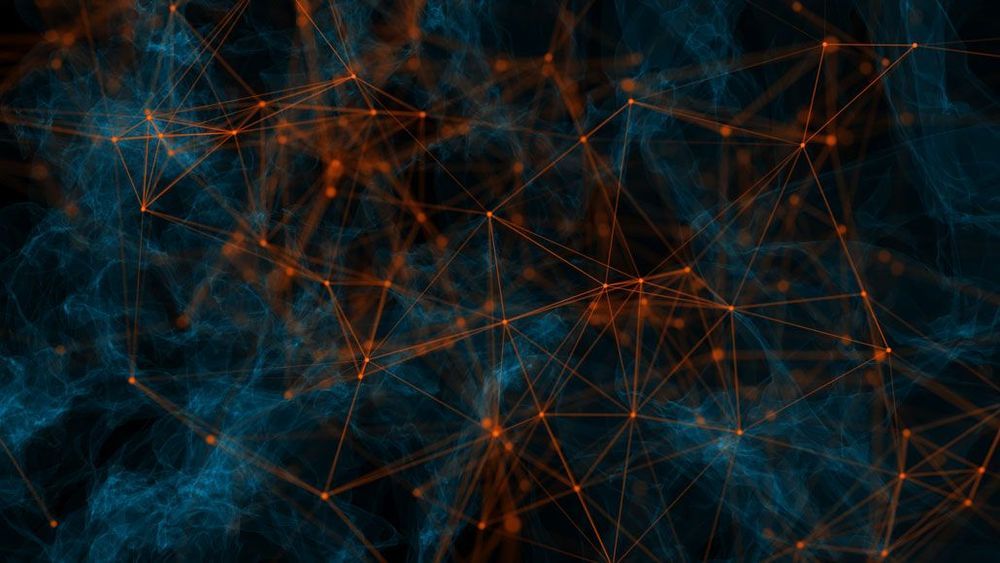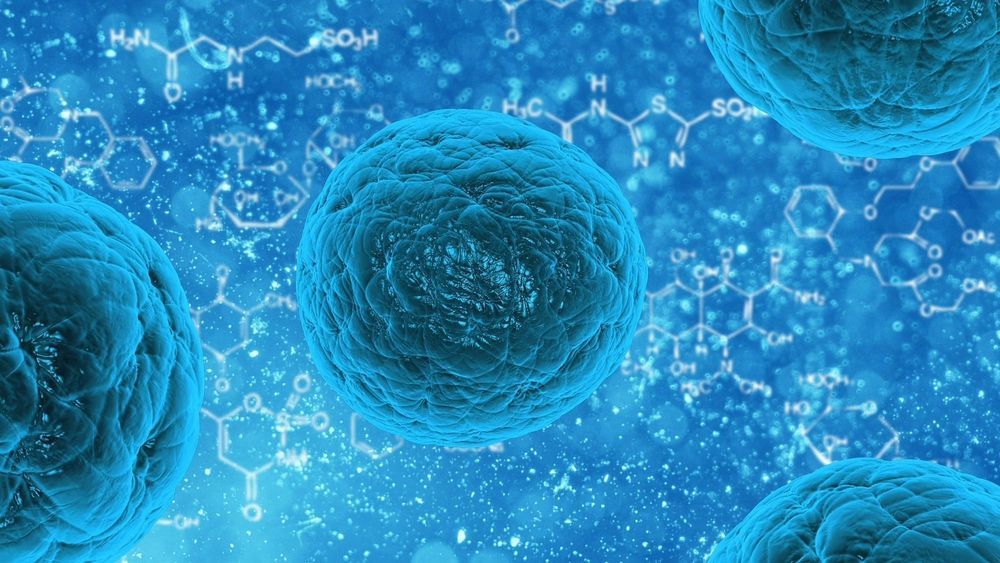Oct 1, 2020
Psychedelic Gold Rush? Compass Pathways Goes Public at More than $1B
Posted by Quinn Sena in categories: biotech/medical, government, law
Psilocybin startup Compass Pathways goes public at more than $1B. Here’s why Wall Street is starting to see the value in psychedelics.
For several years, investors and psychonauts have predicted that psychedelic medicine would become the next billion-dollar industry, with some value estimates as high as $100 billion. They said substances like MDMA or psilocybin mushrooms would follow a similar regulatory path that cannabis took to the mainstream, going from a Schedule 1 narcotic to a legal, regulated, and highly lucrative medicine.
Continue reading “Psychedelic Gold Rush? Compass Pathways Goes Public at More than $1B” »
